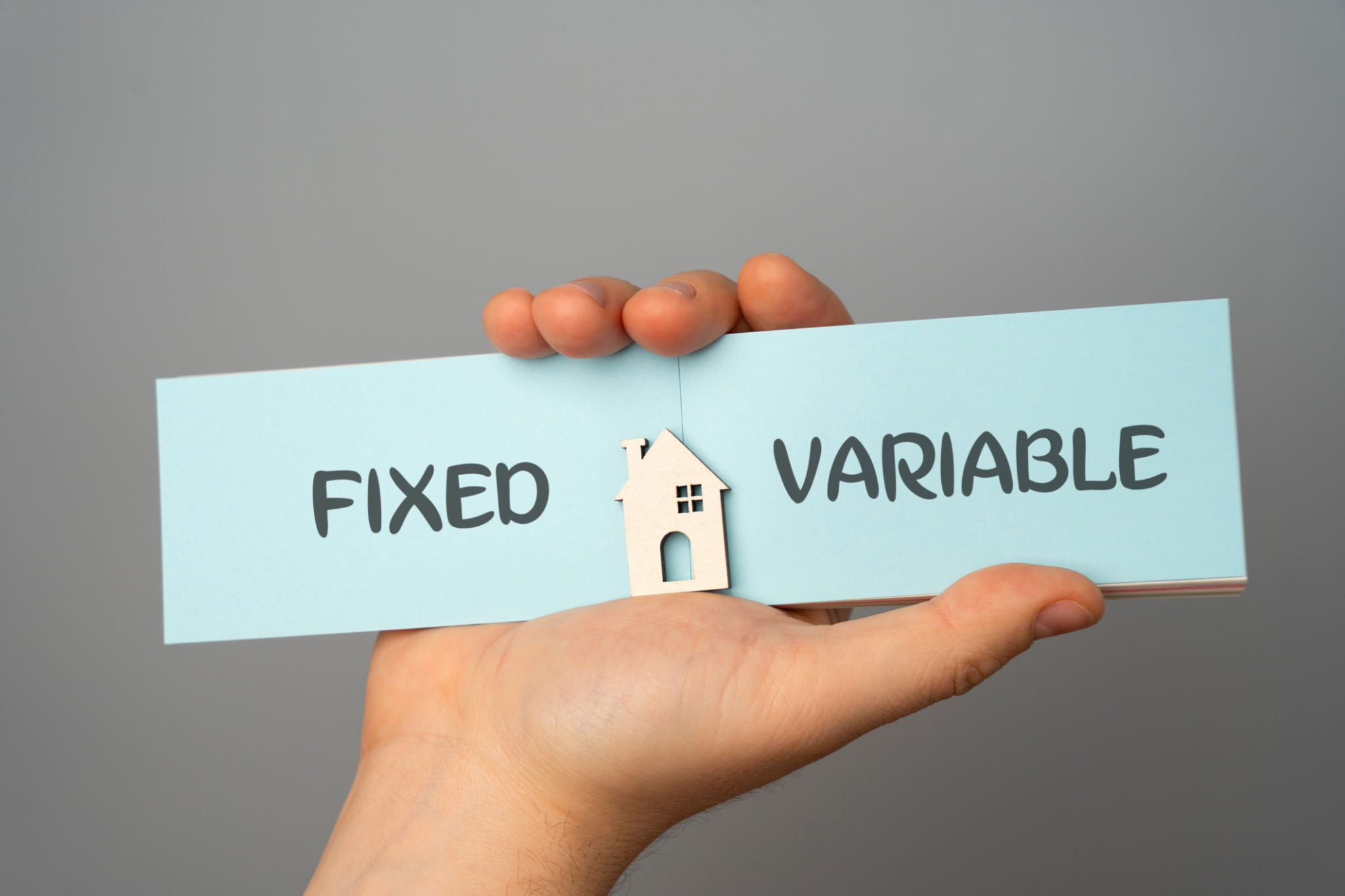A Comprehensive Guide to Fixed vs. Variable Rate Mortgages in Canada
Understanding Fixed Rate Mortgages
When it comes to choosing a mortgage in Canada, understanding the nuances of fixed rate mortgages is crucial. A fixed rate mortgage offers a consistent interest rate throughout the entire term. This means your monthly payments remain unchanged, providing predictable financial planning. Many homeowners appreciate the stability and peace of mind that fixed rates offer, especially in volatile economic conditions.

One of the key advantages of a fixed rate mortgage is the protection it offers against potential rate hikes. You lock in your rate at the outset, safeguarding against any fluctuations in market interest rates. This can be particularly beneficial if you expect rates to rise during your mortgage term. However, this stability often comes at a cost, as fixed rates are generally higher than their variable counterparts.
Disadvantages of Fixed Rate Mortgages
Despite their advantages, fixed rate mortgages do have some downsides. If market rates decrease, you won't benefit from a reduction in your interest rate unless you refinance your mortgage, which can incur additional costs. Additionally, if you decide to break your mortgage early, you may face substantial penalties, which can be a significant drawback for some homeowners.
Diving into Variable Rate Mortgages
Variable rate mortgages, on the other hand, offer an interest rate that fluctuates with the prime rate set by your lender. This means your payments can vary over time. The primary allure of variable rate mortgages is their typically lower initial interest rates compared to fixed rate options. This can result in significant savings on interest payments over the life of the loan.

For those willing to take on a bit more risk, variable rate mortgages can be an attractive option. They are particularly beneficial in stable or declining interest rate environments, where borrowers can take advantage of lower rates. However, it's crucial to have a financial cushion to accommodate any potential increases in payments if rates rise.
Risks Associated with Variable Rate Mortgages
The main risk of a variable rate mortgage is the potential for rising interest rates. If rates increase, so will your monthly payments, which could strain your budget if you're not prepared. It's essential for borrowers to assess their financial situation and risk tolerance before committing to this type of mortgage.
Making the Right Choice for Your Situation
Deciding between a fixed and variable rate mortgage depends largely on your financial goals, risk tolerance, and market outlook. If you value stability and want to avoid surprises in your monthly payments, a fixed rate mortgage may be the way to go. Conversely, if you're comfortable with some level of risk and want to potentially save on interest costs, a variable rate mortgage could be more suitable.

Factors to Consider
When selecting between a fixed and variable rate mortgage, consider factors such as the current interest rate environment, economic forecasts, and your long-term financial plans. It's also wise to consult with a financial advisor or mortgage specialist who can provide insights tailored to your specific circumstances.
Ultimately, both fixed and variable rate mortgages have their pros and cons. The key is to thoroughly evaluate your own needs and preferences to make an informed decision that aligns with your financial objectives.
